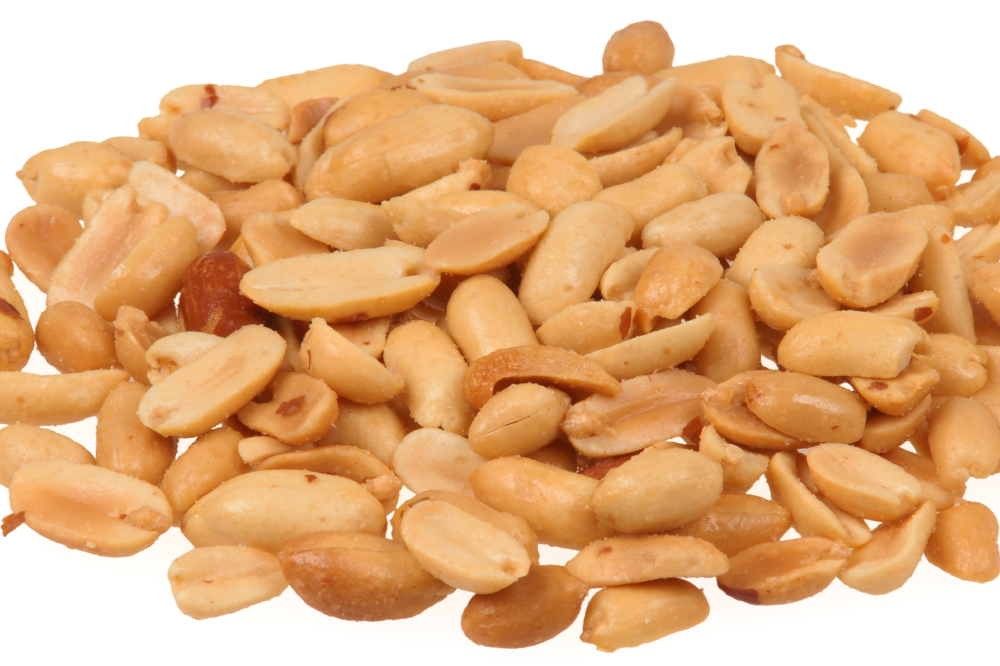It's World National Nut Day this Sunday 22nd October, but there's one kind of 'nut' that won't be joining the party and that’s because the peanut is not just your average nut, it's actually a legume.

KP Nuts
For too long the peanut has been known to be a nut, with research from KP Nuts showing that 88% of the nation believe the peanut is a nut, and a further 27% would even call the peanut their favourite nut.
To help embrace the peanut as a legume, KP Nuts will not be celebrating World National Nut Day, but when looking for reasons to shine a light on the peanut look no further than its wealth of health benefits. What’s more, the peanut contains less calories and more protein per 30 gram serving than its seemingly healthier counterpart, the almond. In fact, the peanut provides the best source of protein in the whole plant kingdom, with healthy fats that can help day-to-day performance.
When embracing the peanut as a legume on World National Nut Day, know that the peanut is not the only nut that has been living under a false guise: the cashew nut, pistachio and almonds are also seeds rather than nuts, ready to be celebrated for their true identity.
KP Nuts are busy preparing for National Bean Day on January 6th - when we will be celebrating as a legume along with the rest of the bean family, but for now and for the nation who think the peanut is a nut, know that KP is the nut nut’s nut (or rather the nut nut’s legume!).
Top ten health benefits of the peanut:
- 25% of a peanut is protein, which helps to maintain bone health and grow muscle mass.
- Peanuts offer up to 8.6g of fibre per 100g (and the majority of us are only eating half the amount of fibre we should be).
- Peanuts are a high source of vitamin B3, which contributes to a healthy metabolism and nervous system.
- Peanuts are high in vitamin B, which contributes to normal psychological function and to the reduction of tiredness and fatigue.
- Peanuts are rich in monounsaturated fatty acids which, as well as helping maintain a healthy heart, are a source of many important vitamins and minerals.
- Contrary to popular opinion, salted nuts are not high in salt. A 30g serving of roasted and salted peanuts contain less than 0.4g of salt (the daily recommended intake of salt is 6g).
- Peanuts are a high source of potassium, which contributes to normal muscle function, to normal functioning of the nervous system, and to the maintenance of normal blood pressure.
- Peanuts are a high source of unsaturated & monounsaturated fats. Replacing saturated fats with unsaturated fats in the diet contributes to the maintenance of normal blood cholesterol levels.
- Peanuts are a source of Vitamin E, which contributes to healthy skin and eyes.
- Since the protein in peanuts is plant-based, it carries with it additional components that have positive health benefits like fibre and unique bioactives, unlike animal protein, and of course the peanut is vegan.

